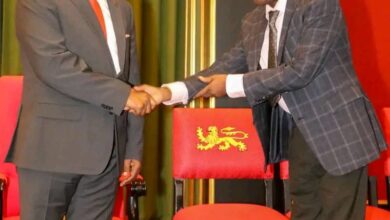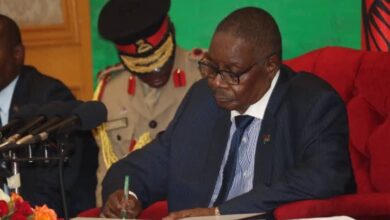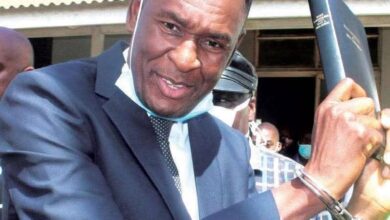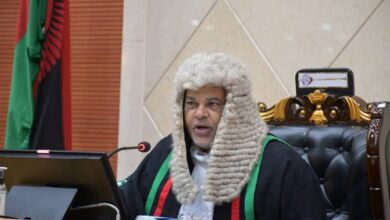Columns
The Implications of Ministerial Silence: An Analysis of the current regime

By Burnett Munthali
In a democratic society, transparency and accountability are fundamental principles that govern the relationship between the government and its citizens. However, the recent silence of the Minister of Information and Digitalization, Honorable Moses Kunkuyu, on crucial interviews and issues surrounding government dealings has raised significant concerns among the public. This silence could have far-reaching implications for the Malawi Congress Party (MCP) government, as it navigates an increasingly scrutinized political landscape.
Context: The Role of the Minister of Information
As the chief spokesperson for the government, the Minister of Information is tasked with ensuring that the public is informed about government policies, decisions, and activities. In an age where information is readily available, the expectation is that government officials will address public concerns promptly and transparently. Kunkuyu’s silence on critical issues undermines this expectation and creates a vacuum of information that can breed speculation and mistrust.
The Importance of Communication
When the government chooses to remain silent on pressing matters, it sends a message that it may have something to hide or that it lacks confidence in its decisions. In recent weeks, the public has raised questions about various government dealings, including financial expenditures, policy decisions, and accountability measures. Kunkuyu’s refusal to engage in dialogue or provide clarity on these issues not only diminishes public trust but also contributes to a growing perception of secrecy within the MCP government.
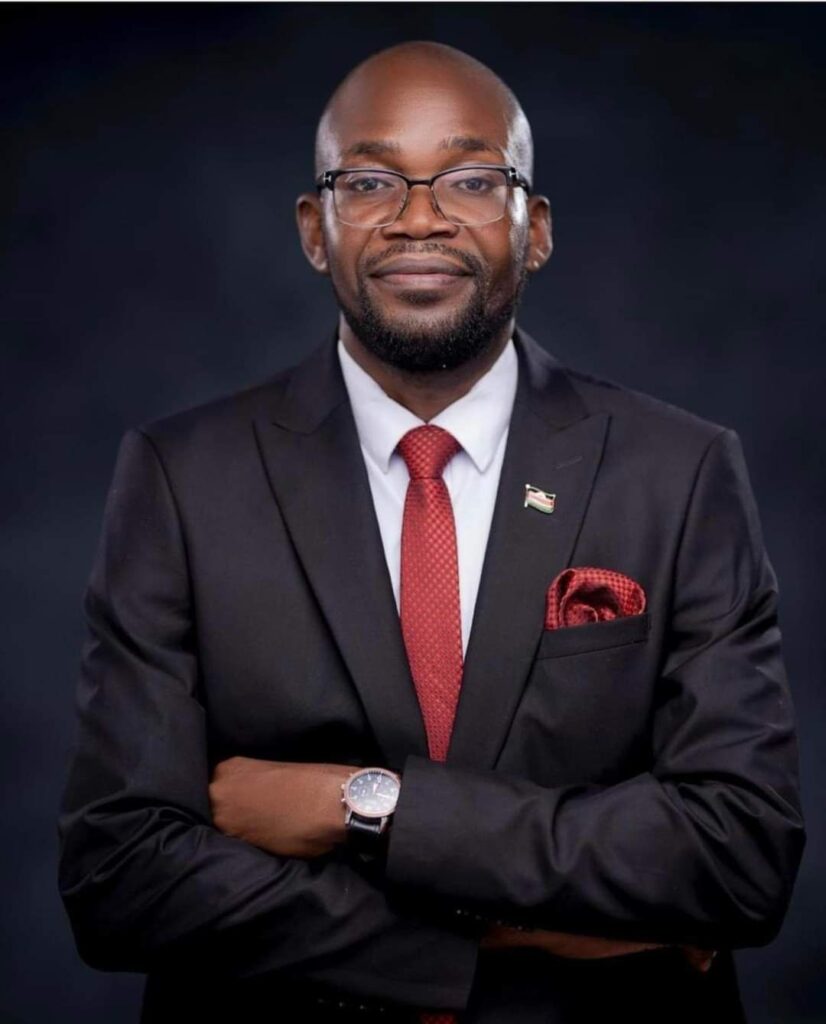
Potential consequences of silence
Firstly, the lack of communication from the Minister can lead to public disillusionment. Citizens rely on government officials to provide updates and answers, especially during times of uncertainty. When these officials remain silent, it can erode trust in the government and its institutions.
Secondly, silence often breeds speculation. In the absence of clear information, citizens may turn to rumors and conjecture to fill the void. This can lead to misinformation spreading within communities, further complicating the public’s understanding of critical issues.
Thirdly, government must be wary of the political consequences of ministerial silence. As the 2025 elections approach, the electorate will be more attentive to the actions and inactions of government officials. If Kunkuyu’s silence is perceived as an avoidance of accountability, it could mobilize voters against the ruling party, potentially leading to a loss of support.
Fourthly, effective governance relies on open lines of communication between the government and the public. Kunkuyu’s silence could hinder efforts to engage the citizenry in meaningful dialogue about policy decisions, thereby stifling democratic participation.
In light of these implications, it is crucial for Honorable Moses Kunkuyu to recognize the importance of his role as a communicator for the MCP government. Engaging with the public and addressing their concerns is not merely a matter of political expediency; it is a fundamental aspect of good governance. The government must prioritize transparency and accountability to rebuild trust and foster a sense of community among Malawians.
The silence of Minister Kunkuyu on crucial interviews and public concerns is a significant issue that the MCP government must address urgently. As Malawians look for answers and clarity on government dealings, it is imperative that government officials step forward to provide the necessary information. In doing so, they can restore public trust, combat misinformation, and demonstrate a commitment to transparency and accountability. Ultimately, the health of Malawi’s democracy hinges on the willingness of its leaders to engage openly with their constituents. Failing to take time to address the public on the controversy sparked by Sheikh Ahmed Al Qassimi’s recent statement, in which he firmly denied having any business involvement in Malawi is quite worrying. This silence has raised many concerns regarding the government’s role and the broader implications of such dealings. To date, the minister has not given clarity on the government’s position.



